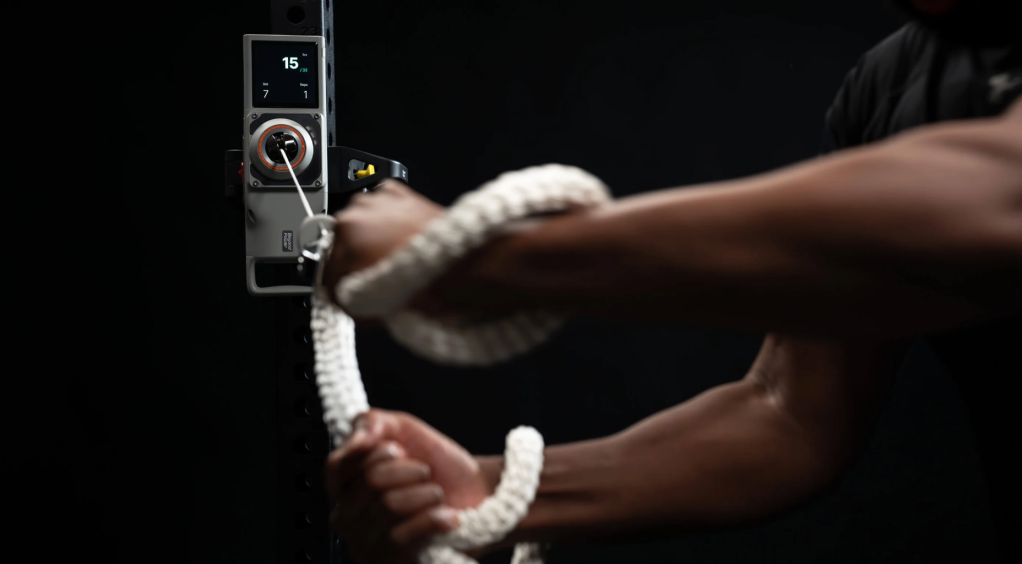When you’re standing at the checkout line trying to decide whether to pay with your credit or debit card, you may think debit is the financially responsible move. After all, it’s better to pay with money already in the bank than put off paying the bill for months, right?
Not so fast. While more young people are choosing debit over credit in order to stay out of debt, that’s not always a wise move. In fact, there are three big reasons by credit cards are better than debit cards if you are good about paying your bills each month.
Videos by VICE
Getting your money back is much easier
The most profound reason to make that purchase—yes, the one you’re thinking about right now, even if it’s a candy bar!—with a credit card, and not the debit card attached to your bank account is the strong consumer protections that credit cards provide.
“If you end up getting your number or card stolen, you’re fully protected if you’re using a credit card,” says Kimberly Palmer, credit card expert for Nerd Wallet. And while there are some built-in protections on debit cards—generally, banks will refund the money into your account if your identity is stolen—that doesn’t necessary extend to whatever your card is connected to. “If you had automatic bill pay [connected to your debit card], you might end up being overdrawn,” Palmer says, “which could lead to a whole host of troubles.”
Credit cards are also great for fighting charges if, for example, you pay for an item you ordered online that never arrived. You can dispute the charge directly from your online credit card statement without ever paying a dime. If you used a debit card, on the other hand, you’ve already paid. And that means you’ll have less money in your account to pay the rent, buy weed or whatever other urgent withdrawals you need to make.
You’ll get lots of free stuff
The most tangible benefit of using credit cards is, no doubt, the rewards. These can take the form of sign up bonuses, cash back (as much as 5 percent with some cards), points (that can be used on air travel, free checked bags, or rental cars) or access (entry into private airport lounges).
If you’re into these freebies—and really, who doesn’t want cash back?—there’s never been a better time to get into the credit game. “We are currently living in the heyday of credit card rewards,” says Brian Kelly, founder and CEO of The Points Guy, a website that gives tips for maximizing the credit card reward system. “Think of points as cash,” he says. “If you’re not getting points for every dollar you spend, you’re losing money. Every time you use cash, you’re losing money.”
“If you’re not getting points for every dollar you spend, you’re losing money. Every time you use cash, you’re losing money.”
You’ll pay less for big life purchases
The third big benefit of credit cards is how they help build your credit history and score. Lenders look at this information when deciding to approve a home or car loan and figure out how much interest to charge. The lower your credit score, the higher your interest rate will be.
To raise your score you need to show a consistent history of paying your credit card bill on time each month. (For the credit score thresholds generally needed when trying to attain certain Life Purchasing Goals, head this-a-way.)
Many people are scared of using credit cards because they think that simply opening a new card will crater their score. This is false. Rather, it’s the ratio between credit available and debt owed, among other factors. For more about what goes into the credit score sauce, consult the FICO website.
The big gamble
Of course you’re not getting all these perks for nothing. What you’re doing is, in a sense, gambling. The wager is whether or not you can pay off the balance before it begins to accrue interest, and this is where people get into trouble.
“A big risk is that you overspend,” Palmer says. “It feels like it’s not real money, and then, if you don’t pay back at the end of the month, they can get really expensive by paying interest and fees. Those charges can snowball.”
If you’re someone prone to overspending, Palmer recommends cards with low credit limits, or even having a buddy hold you accountable. But if you’re already in bad shape, there are ways to get out.
For example, there are a number of low-annual percentage rate (APR) cards that are essentially used to help get out of debt. Chase Bank’s is called “Clean Slate,” and it has 0% APR for 15 months after you open it, and allows a 0% transfer fee for the first 60 days. The idea is that you transfer the balance on your high-APR/high-reward card onto this one—which has little in the way of rewards—and use the time where interest isn’t accruing to climb out of the debt quicksand.
But once you escape, should you gamble again?
“If you’re going to be tempted to get yourself into debt by getting a new card, don’t do it, the points aren’t worth it,” Kelly says. “But if you’re good with your finances and know how to budget, there’s no reason you shouldn’t put everything you can on your card and then pay it off right away. That’s how you win.”
More
From VICE
-

FilippoBacci/Getty Images -

(3D Rendering via PhonlamaiPhoto / Getty Images) -

Screenshot: Deep Silver -

Beyond Power
